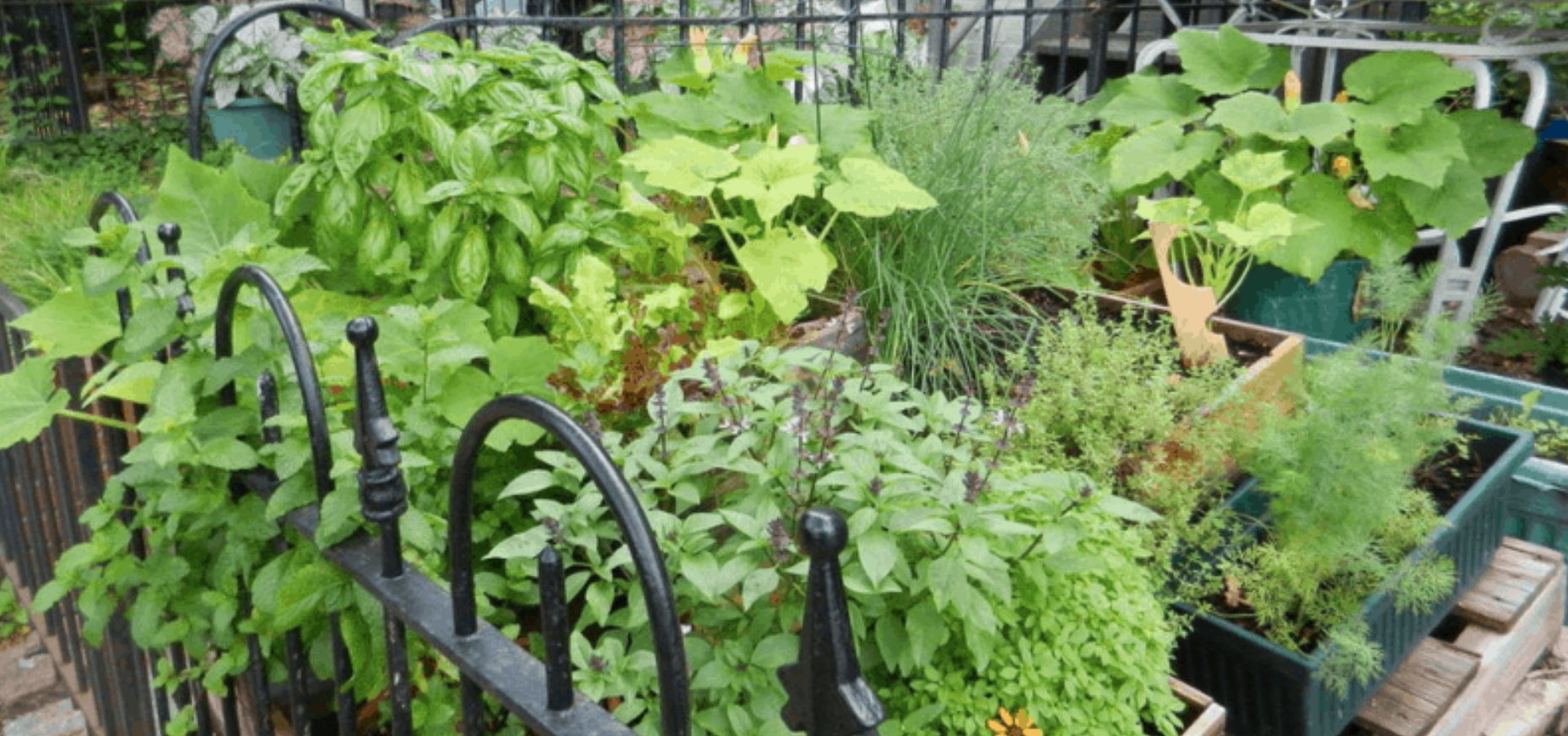Nobody wants to share the fruits of their labor with bugs. You can deal with them by spraying organic pesticides, setting traps, and picking off bugs. You can also cultivate a healthy, diverse set of plants, which helps resist pests. But another way to manage pests is to match your strategy to your pests.
Read MoreThere's a thin line between fertilizing and overfertilizing your food crops. Too few nutrients and your tomatoes and corn never really take off. Too many and your artichoke and broccoli can suffer. Since I tend to favor deep-rooted perennials, which are low-maintenance and more resistant to weather extremes, my particular challenge is making sure I don't overdo it. So I use fertilizer strategically, boosting plant growth largely by feeding my soil. I test my soil every other year so I know the nutrients my soil needs. And I rely on timing, knowing the right mix of fertilizer, and the best sources.
Read MoreA healthy Honey Bee population contributes to our health and environment in many ways, not least of which is the way they pollinate fruits, vegetables, and nuts. But Honey Bees, which were domesticated and brought from Europe in the 17th century and have been intentionally managed since, aren’t the only pollinators out there. Often left out of the conversation are the countless other bee species that make your juicy late summer tomato dreams a reality.
Read MoreSpring is nature’s way to renew itself, and bees are no different. By springtime, the honey stores bees feed on are dwindling along with the numbers of bees, which means there’s much to do to prepare for summer.
Read MoreNobody likes to weed. It’s easy to romanticize growing your own food until you try scrubbing the dirt out from underneath your fingernails after a long afternoon pulling little weeds from in between your radishes, only to see them sprout up again a week later. But there’s no way to avoid them, and with a few quick tips you can at least minimize how much time you spend weeding.
Read MoreWhen I was growing up I often spent muggy afternoons with my grandmother after school tucked away in the back of her garden, cutting twigs into small pieces for the compost pile. I never grasped the importance of what we were doing as a kid but loved chatting with her until the sun dipped below the horizon. As I grew older, I grew to appreciate my grandmother's productive garden. Her hydrangeas always bloomed, her plump tomatoes grew on sturdy vines, and weeds were never a problem. The secret to her success was the compost we made from those twigs, plus garden clippings, leaves and food scraps.
Read MoreSpreading mulch is one of my favorite farm chores. I love the way mulch smells and feels and looks. That moment my pitchfork pierces the heaping mound of leftover grass and leaves and steam spirals up into the cool morning air. The way the strong, lingering scent of cedar follows me home after a day spent spreading wood chips. The satisfying look of a tidy, weed-free field after I’ve laid down a sea of straw to cover the endless rows of potatoes and garlic. I even appreciate the sogginess of cardboard left out in the rain before it’s used to fight weeds along my garden paths.
Read MoreTo the right of my porch is a small path that curves down the hill to a gate made from curved cedar, the type of trees that grow in the lower canopy of our Washington forests and wind their way towards the filtered light. Inside the gate are beds that resemble what most of us think of as a typical market garden - rows of beets, lettuce, and other vegetables you’d expect to find at a northwest farmers market. But that’s where the resemblance ends.
Read MoreMy dark winter nights are generally spent curled next to a fire devouring every seed catalog that can fit into my mailbox. Dreaming of the tomatoes, peas, and corn I’ll plant in the spring helps me survive the blistering cold winter here in New Hampshire.
Read MoreAfter deciding to become a beekeeper I began reading everything I could about bees. I find them fascinating. For starters, all worker bees are female. Male bees are called drones whose only job is to mate with a queen after which their genitalia fall off. (Men always squirm a little when I tell them this.) Other than mating and foraging for food, most of the colony's complex activities such as raising young, storing food, or even making a new queen, all take place inside the hive.
Read MoreI am often asked why, five years ago, I decided to become a backyard beekeeper. Thinking back, I cannot remember a single defining reason other than my deep concern for the fate of honeybees (apis mellifera), which have been dying out in droves, and the conviction that anyone who can keep bees should keep bees. I'd also observed that I was seeing far fewer bees in my garden, and this troubled me greatly.
Read More











